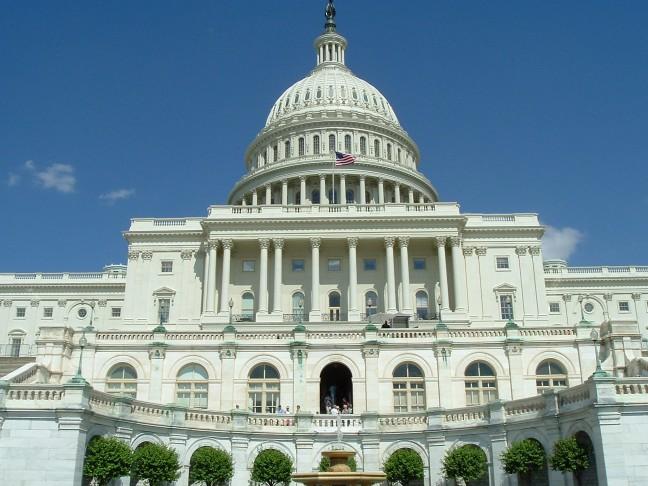Now that the 2014 election season has come to a close, Wisconsin Democrats are looking to the 2016 Senate election to make some waves in the state.
First-term U.S. senator Ron Johnson, R-Wisconsin, will be facing re-election after winning the seat from Russ Feingold in 2010. Feingold has been mentioned to run in a potential rematch, but U.S. Rep. Ron Kind, D-LaCrosse, has also been receiving attention, according to University of Wisconsin political science professor Barry Burden.
“The two names that keep coming up are Ron Kind, who serves the western part of the state in his congressional district, and Russ Feingold, who lost the seat to Ron Johnson,” Burden said. “They are the most credible and most visible Democrats in the state who don’t currently hold statewide office.”
Neither candidate has indicated if they are interested in running, but Burden said they both have been mentioned early in several statewide races that they ended up not involved in, specifically against Gov. Scott Walker.
Mary Burke will likely not be considered by her own accord, according to professor David Canon of the UW La Follette School of Public Affairs.
“She said, flat-out, after the [governor’s] election that she won’t be running statewide again, so I think she’s kind of taken herself out of consideration,” Canon said.
According to Burden, it’s too early to know if any of these candidates will run, or if the Democrats will have more options by the Democratic Convention in August of 2016. He pointed out that Johnson didn’t enter the 2010 race until just before the primary and obviously ended up winning the seat.
Burden said certain Wisconsin senate primaries have been quite contentious, as when Feingold defeated three other Democrats and went on to with his first term in 1992. However, he said there have also been instances without any primary competition, as with U.S. Sen. Tammy Baldwin, D-Wisconsin, in taking her senate seat in 2012.
Among other things, the potential for a competitive primary could effect Feingold or Kind’s decision to run, Burden said.
“I think each of them is probably eyeing the other and thinking ‘who else is going to be in this race? If there’s another Democrat who’s going to be viable, maybe I don’t want to be part of that battle.’ So there’s just a lot of looking and thinking at this point,” Burden said.
Regardless of his opposition, Johnson will likely have to appeal to a wider voter base than in 2010, which Canon says was the best year Republicans have had in the last generation. According to Burden, 2016 will be an “entirely different climate” politically than 2010 was.
“Johnson was elected in a midterm year, 2010, that was very good for Republicans. He had a lot of tailwind at that point and could portray himself as conservative, and it wouldn’t necessarily be a bad thing. But 2016 will be a different electorate, and if he emphasizes his Tea Party roots, his strong opposition to Obama Care and his grave concerns with Benghazi, that just might not sit as well this time around,” Burden said.
He said higher voter turnout in presidential years has benefited Democrats in the last few election cycles, which will likely continue in 2016.
However, Burden said this pressure from the left won’t affect Johnson’s legislation as he begins his first senate chairmanship on a committee regarding homeland security and immigration.














